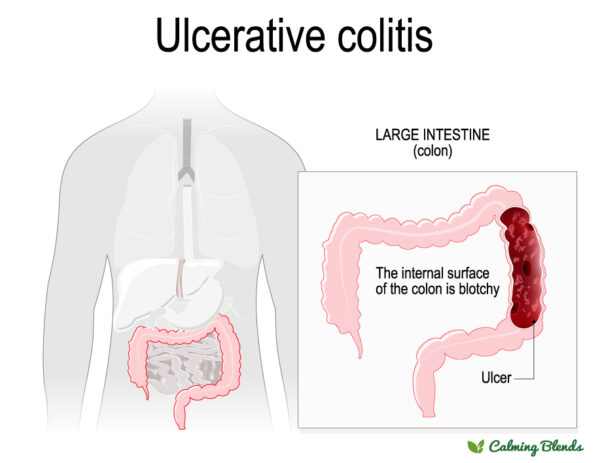
What is Colitis?
Colitis occurs when there is an inflammation of the tissues lining the large intestine. Symptoms typically include abdominal cramping and pain, bloating and diarrhea (in some cases bloody diarrhea). In some cases, Colitis may impact other parts of the body causing fever and chills, fatigue and dehydration. Ulcerative colitis can manifest to other parts of the body causing mouth ulcers, swelling of the joints and skin inflammation.
Causes of Colitis
Infections, allergic reactions, loss of blood supply or chronic diseases can be the cause of Colitis. Bacteria that can cause colitis include Campylobacter, Salmonella, Shigella, Clostridium difficile, Escherichia coli, Yersinia, Chlamydia, Neisseria, and tuberculosis.
Symptoms of Colitis
Ulcerative colitis symptoms can vary, depending on the severity of inflammation and where it occurs. Signs and symptoms may include:
- Diarrhea, often with blood or pus
- Abdominal pain and cramping
- Rectal pain
- Rectal bleeding — passing small amount of blood with stool
- Urgency to defecate
- Inability to defecate despite urgency
- Weight loss
- Fatigue
- Fever
- In children, failure to grow
Most people with ulcerative colitis have mild to moderate symptoms. The course of ulcerative colitis may vary, with some people having long periods of remission.
Managing Colitis Symptoms
The key to managing an ulcerative colitis flare is to get a confirmed diagnosis and begin treatment as soon as possible. But doing so can be tricky, because people with the condition may attribute their symptoms to other GI problems.
The goal for remission is to feel well enough that you forget that you have the condition for most of the day; in other words, you experience few, if any, symptoms.

